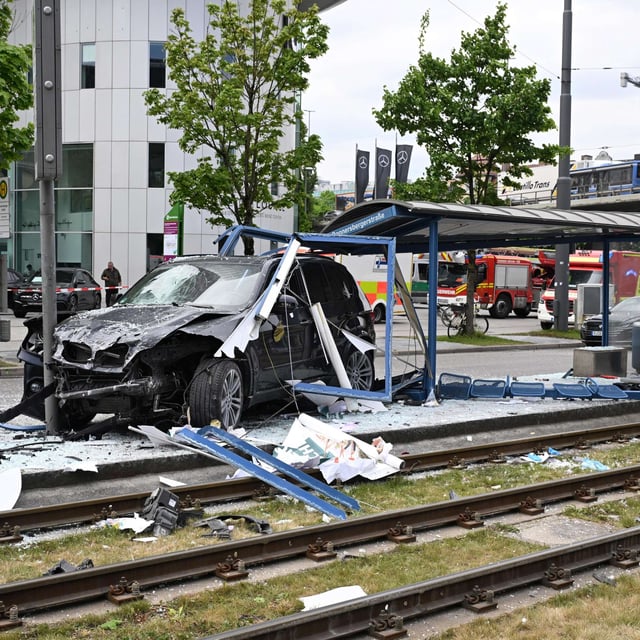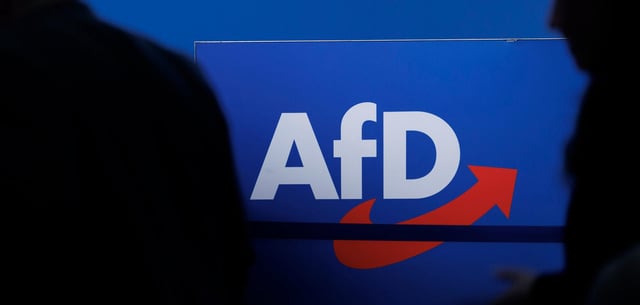Overview
- Friedrich Merz was elected Chancellor on May 6 after a second Bundestag ballot, marking the start of a CDU-SPD coalition government.
- Interior Minister Alexander Dobrindt has intensified border controls, doubling federal police units, introducing mobile monitoring teams, and extending officer shifts to 12 hours.
- Neighboring countries, including Poland, Austria, and Luxembourg, have refused to accept rejected asylum seekers, raising legal and logistical challenges for Germany's migration policies.
- Chancellor Merz and French President Macron announced the creation of a Franco-German defense and security council to advance strategic and military cooperation.
- The new cabinet has reduced 25 government positions to streamline operations, while SPD's Matthias Miersch has been appointed as faction chair, signaling efforts to balance coalition dynamics.



